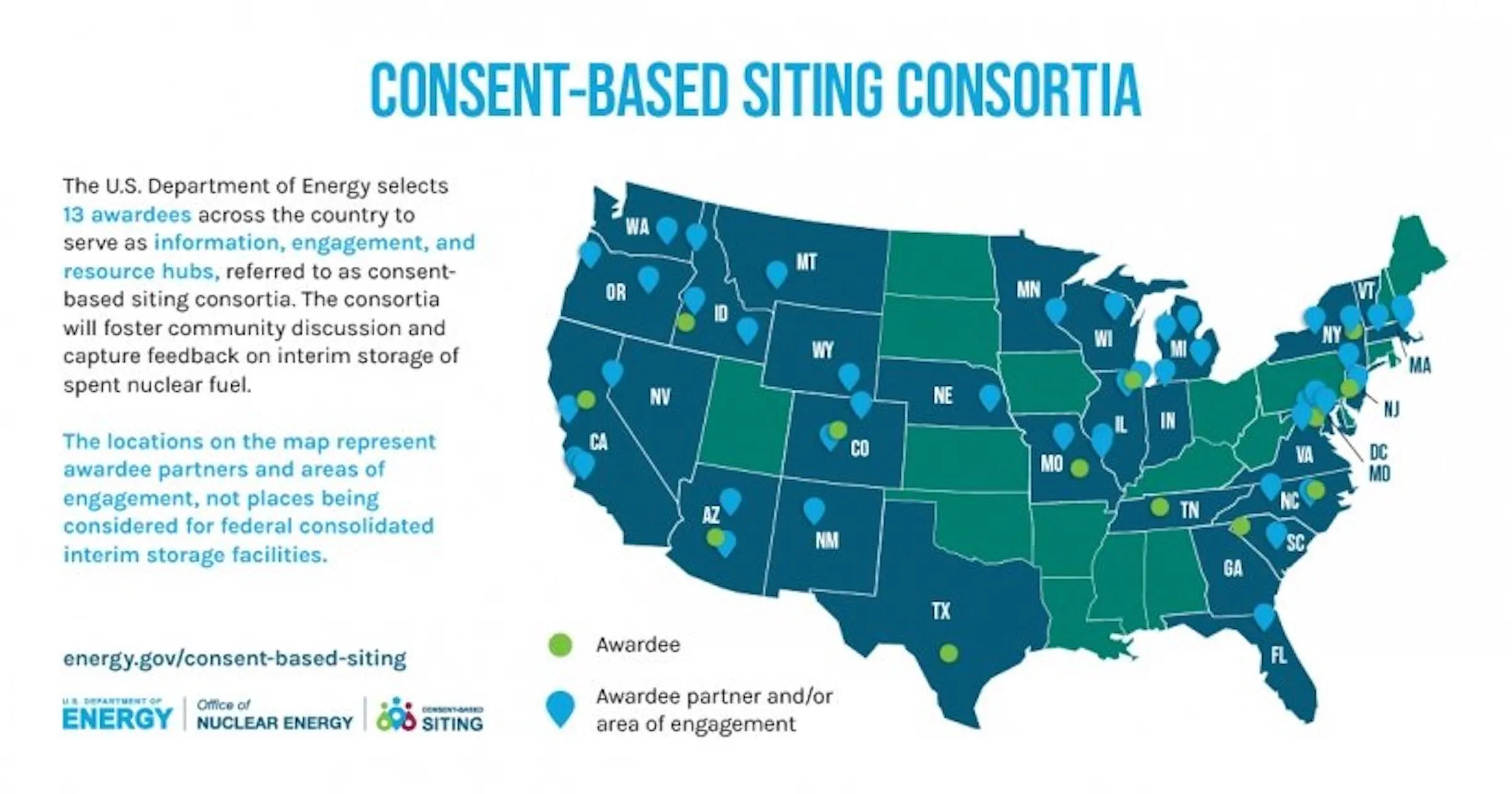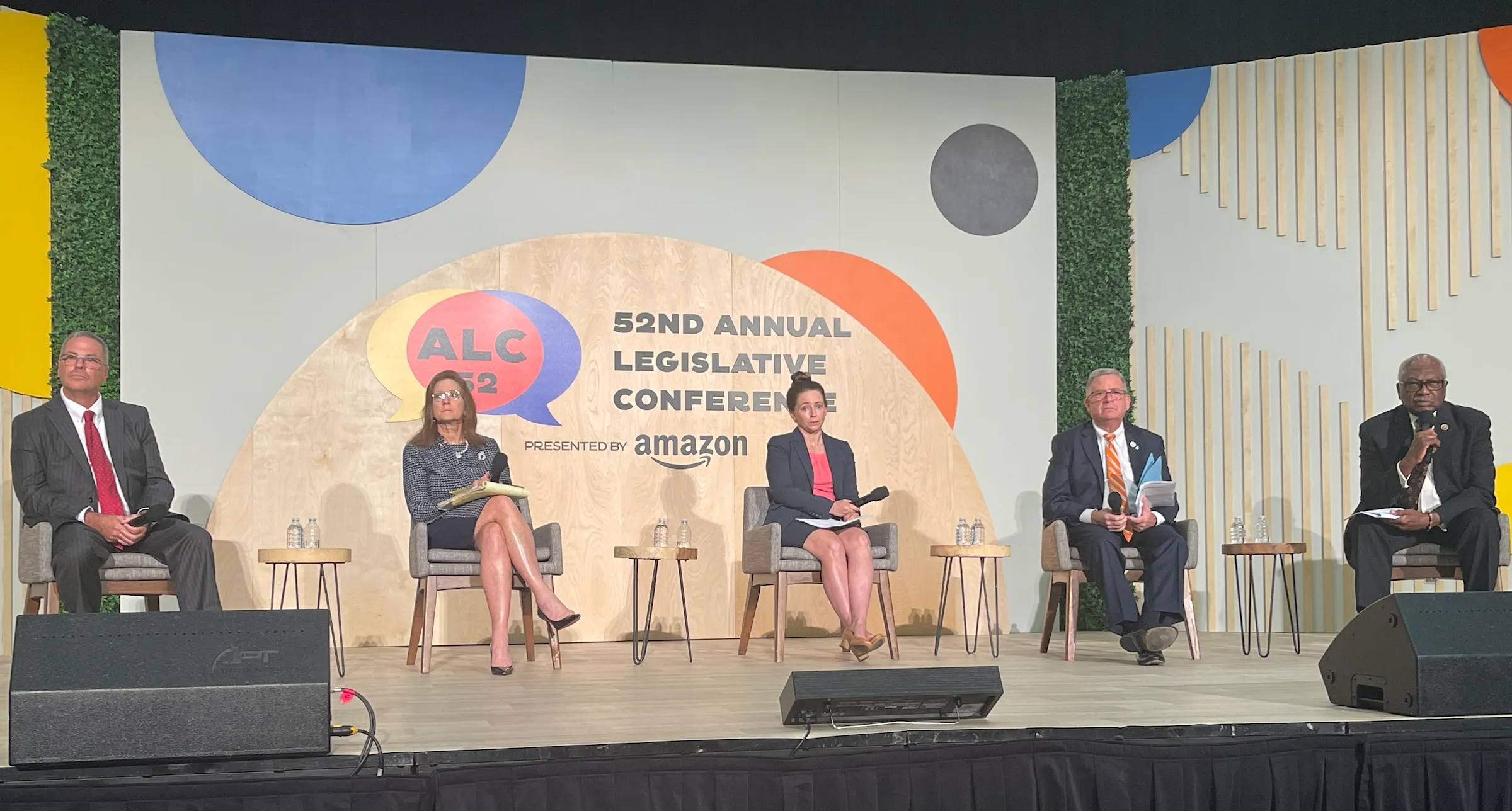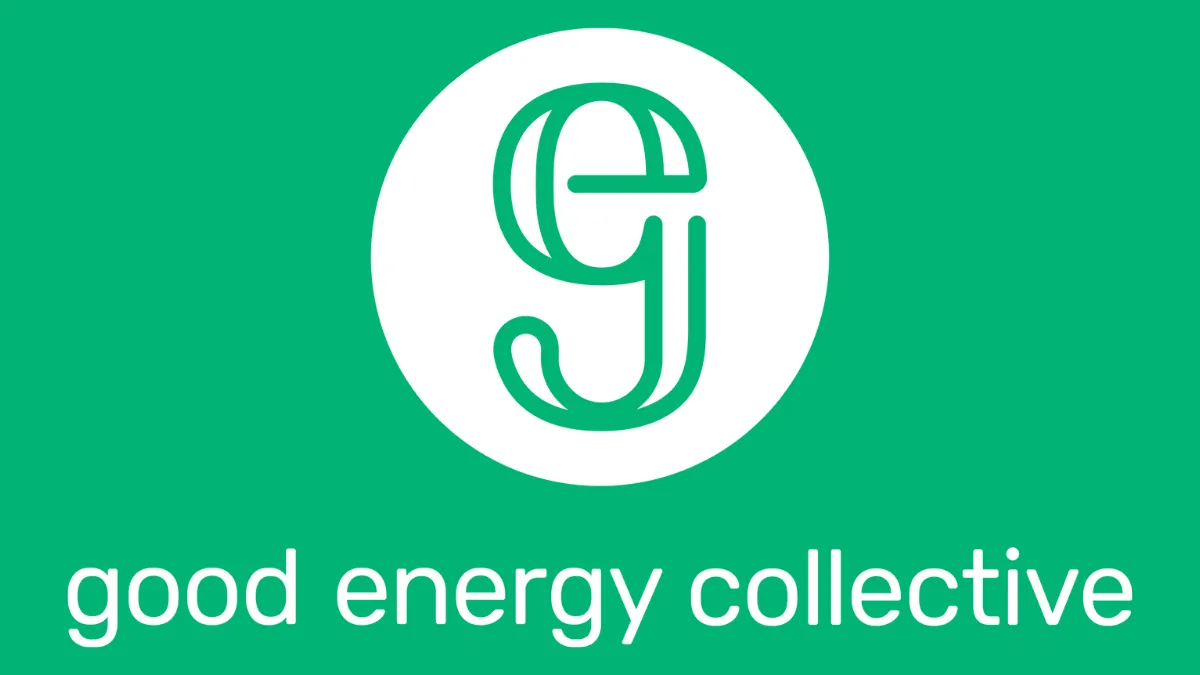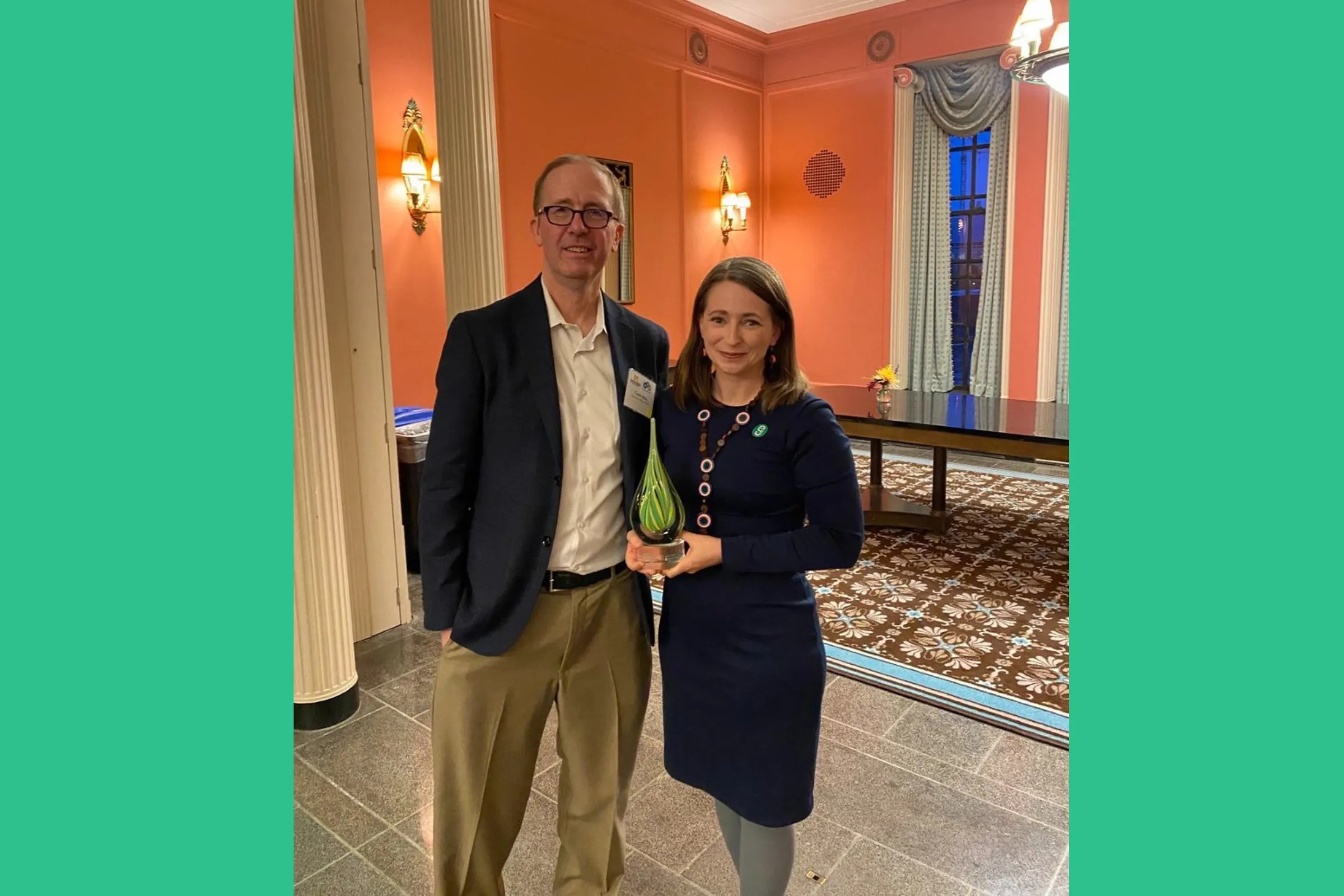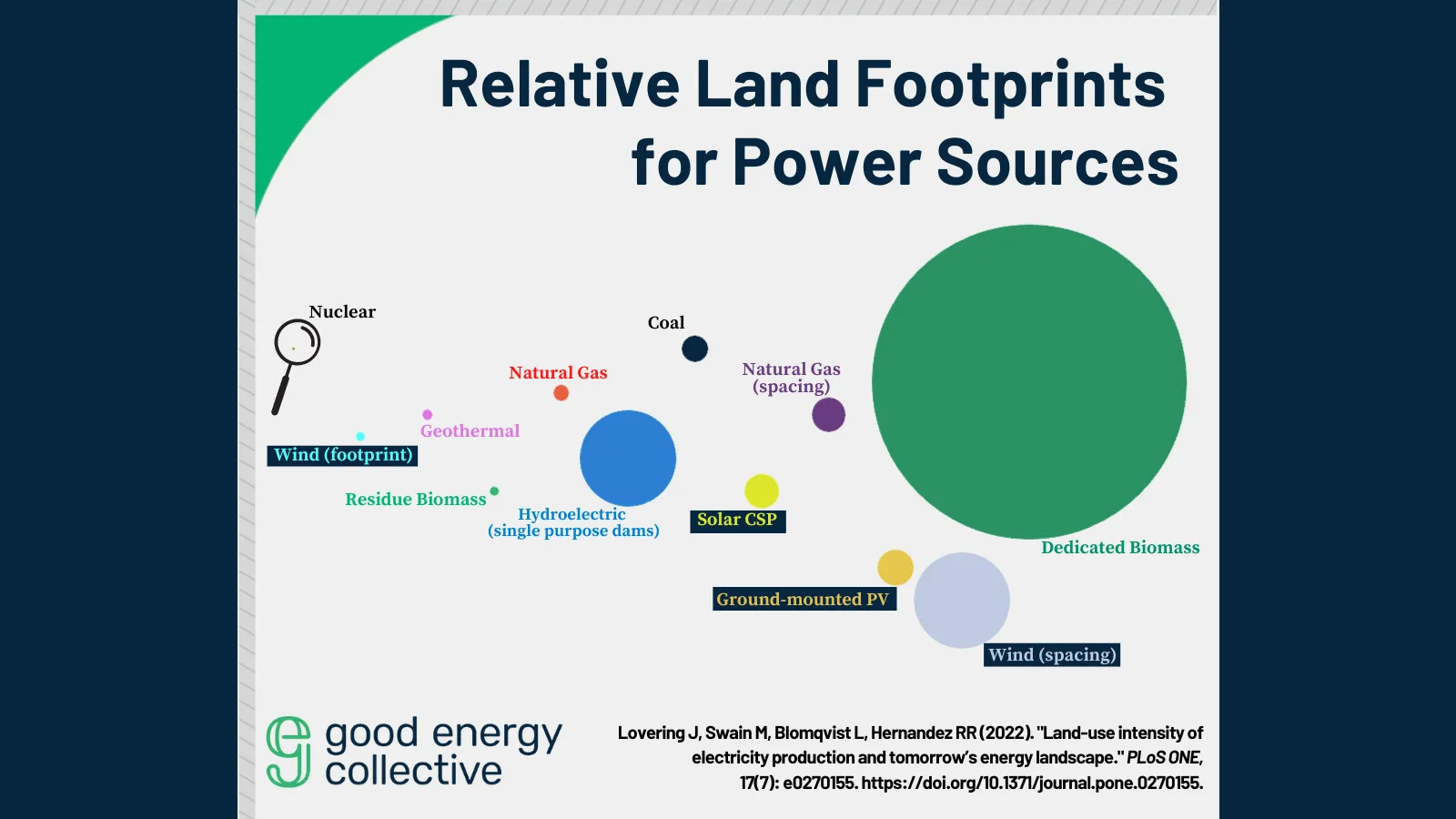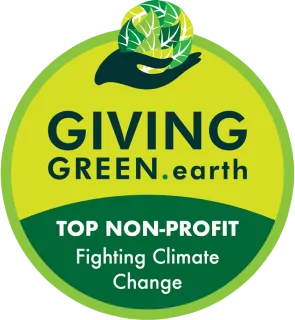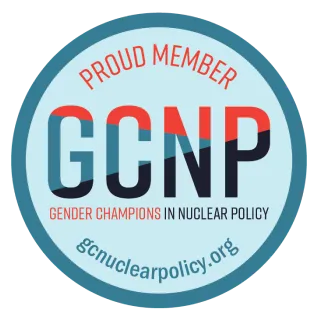
Good Energy Collective released the following statement from Deputy Director Jackie Toth on the Supreme Court's ruling in West Virginia vs. EPA:
“The conservative justices' decision in West Virginia vs. EPA will hamstring federal agencies' ability to address climate change proactively. Writing for the conservative majority, Chief Justice Roberts suggests the EPA overstepped Congress' direction by identifying a shift to less-emitting power sources as the best approach to reducing emissions. He continues to say Congress must act on what the court identifies as ‘major questions.’
“To be clear, the majority opinion is not the worst possible judgment that could have been handed down by this court, especially in light of their haphazard treatment of precedent, the shadow docket, and many other judicial norms. While the Court has placed some restrictions on the EPA's ability to set stringent emissions reduction standards, by all accounts, the agency will still be able to advance rules that regulate greenhouse gas emissions from power plants—possibly both onsite and more comprehensively throughout the power sector.
“However, at a time of intractable gridlock and numerous public health crises, the Court has struck a blow against the executive branch's ability to address the challenges of the 21st century. The Court explicitly says this is a policymaking matter for Congress. But as most congresspeople so regularly remind us by word and by action, they're not scientists: EPA employees have the expertise—with input from external experts via public comment—to set health-protecting standards based on federal clean air and water laws. As Jay Duffy from Clean Air Task Force indicated last week, Chief Justice Roberts and Justices Thomas and Alito all seem to have changed their minds since 2007, when they joined Justice Scalia's dissent on the pivotal Clean Air Act case of Massachusetts v. EPA and argued that their court had 'no business' pushing its views against 'the reasoned judgment of the responsible agency.'
“Fundamentally, the executive branch should work to protect the health of the public—especially vulnerable groups who suffer from pollution and climate change the most. With this ruling, the Supreme Court hasn’t made that any easier."

.png)

.webp)
%20(Facebook%20Post)%20(6).webp)

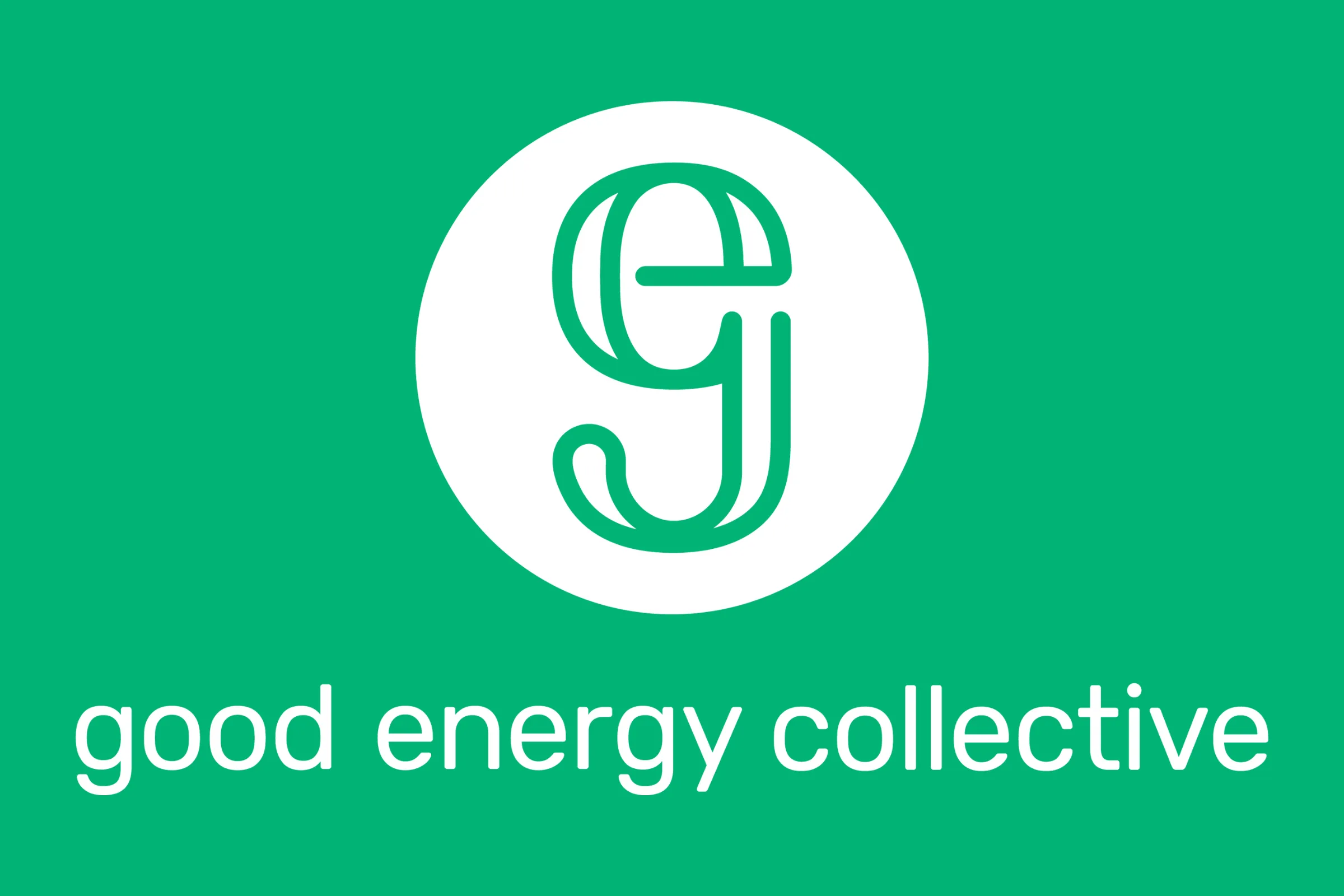
.webp)
